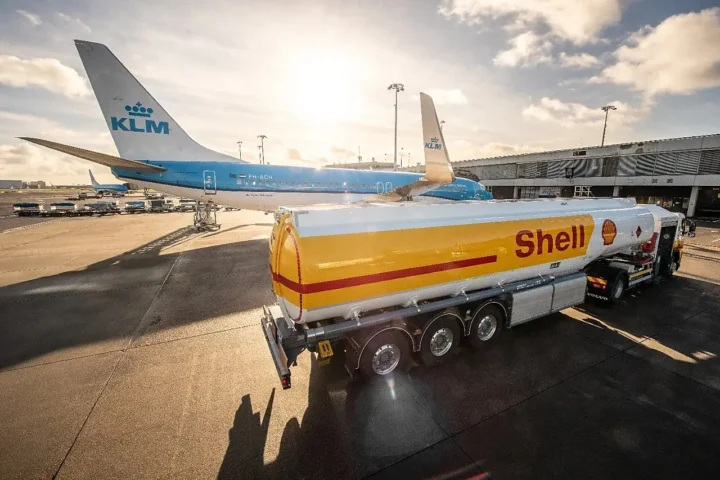In an era where environmental sustainability is paramount, the maritime industry stands at a pivotal juncture. A groundbreaking study by the University of Southampton, commissioned by the International Chamber of Shipping (ICS), casts new light on this challenge, intertwining the quest for energy efficiency with the imperative to reduce Underwater Radiated Noise (URN).
The Dual Challenge: GHG Emissions and URN
Accounting for a significant 2.89% of global greenhouse gas (GHG) emissions, the maritime industry is not just a cornerstone of global trade but also a significant environmental player. Yet, an often-overlooked environmental impact is the URN generated by vessels, a byproduct that disrupts marine life, particularly affecting mammals.
Unveiling the Synergy
This comprehensive study delves into the relationship between enhancing ship energy efficiency and mitigating URN emissions. Professor Stephen Turnock of the University of Southampton’s Marine and Maritime Institute articulates the crux: “The ICS commissioned report shows that shipping has an opportunity to embrace energy efficiency technologies that will both help ensure it meets its essential greenhouse gas emission reduction targets as well as reducing underwater radiated noise.”
Strategies for a Sustainable Maritime Future
The path to zero-emission shipping by 2050, as outlined by the IMO’s revised GHG strategy, demands innovative approaches. The study highlights that carbon-neutral fuels will play a critical role, contributing approximately 60% to zero emissions by 2050. Nonetheless, this endeavor faces hurdles like high costs and insufficient technological maturity.
Simultaneously, energy efficiency measures will contribute around 32% to GHG emission reductions. Speed reduction alone accounts for a significant portion of this, with other measures like wind propulsion systems and air lubrication systems complementing this effort.
Similar Posts
Economic Implications and Global Trends
Yet, the journey to sustainability isn’t just a technological one; it’s also an economic balancing act. Chris Waddington, Technical Director of the ICS, points out: “It recognizes that most energy efficiency measures will also reduce URN, and therefore presents a win-win situation for ship owners.”
This interplay of cost, efficiency, and environmental impact is critical. For instance, a 20% reduction in speed, while environmentally beneficial, can reduce cargo capacity, affecting revenue. Therefore, the adoption of Just In Time (JIT) strategies and equitable cost-benefit sharing among stakeholders is crucial for optimizing shipping efficiency.
Technological Innovations: Steering Towards Zero Emissions
The study is not just a clarion call but also a roadmap, highlighting the potential of electrification, wind-assisted propulsion, and waste heat recovery. These innovations, along with improvements in logistics, will not only enhance energy efficiency but also significantly contribute to the global decarbonization drive.
Regional Variations in URN
Diving deeper, the study sheds light on regional variations in URN. The continuous growth in seaborne trade and the expansion of the global fleet have escalated URN, particularly in regions with heavy shipping traffic. This emphasizes the need for targeted regional strategies in noise mitigation.
Towards a Collaborative Future
The road to a zero-emission maritime sector by 2050 is challenging yet attainable. It necessitates a concerted effort among industry players, regulators, and governments. The study underscores the importance of collaborative initiatives, embracing innovative technologies, and establishing sustainable infrastructure.
Drop Anchor
The University of Southampton’s study is more than an academic exercise; it’s a blueprint for action. By intertwining energy efficiency with noise reduction, the maritime industry can navigate towards a sustainable and responsible future, significantly contributing to global environmental goals and preserving marine ecosystems.


















